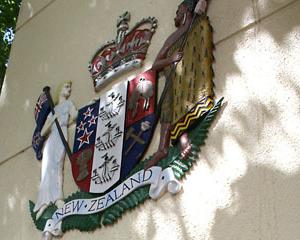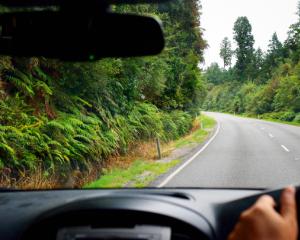
Otago/Southland Surf Life Saving club development officer Brent Matehaere, who had found bodies in previous rescue operations, said he felt for rescue teams coming across bodies as the search for missing cyclone victims continued.
"In reality, nothing prepares you [for] what you’re going to find and what you’re going to see," he said.

He was co-ordinating SAR teams, methodically ticking off rivers in the area in the search for at least 10 people who police held "grave concerns" for.
Mr Matehaere said despite their task being grim it was important work.
"Going into it you’re just aiming to get a result for the families. And that’s your focus — to allow closure for them."

"When people need to stop and talk, we have those opportunities to do that," he said.
He praised the work of locals, who were dealing with incredibly difficult conditions, including navigating boats past downed power lines.
"The whole crew ... did a fantastic job of reacting to the situation and putting themselves out there to save lives," he said.

Fatigue could result in accidents if they were not given a break.
Once off the water, the Hawke’s Bay SAR team was valuable to the Otago life-savers because of its knowledge of the area, Mr Matehaere said.
While local groups continued to scour the coastline, the Otago team was focused on the remaining areas of river not yet searched.
The team had resumed scouring Tutaekuri River — where there were still slash piles left to search — after concerns about hazardous gas had been resolved.
There was still search and rescue work to be done on the Esk River.
Being part of the response gave him perspective about what was truly important.
"He aha te mea nui o te. He tāngata, He tāngata, He tāngata [What is the most important thing in the world? It is people]."
By Titus Lambert-Lane











